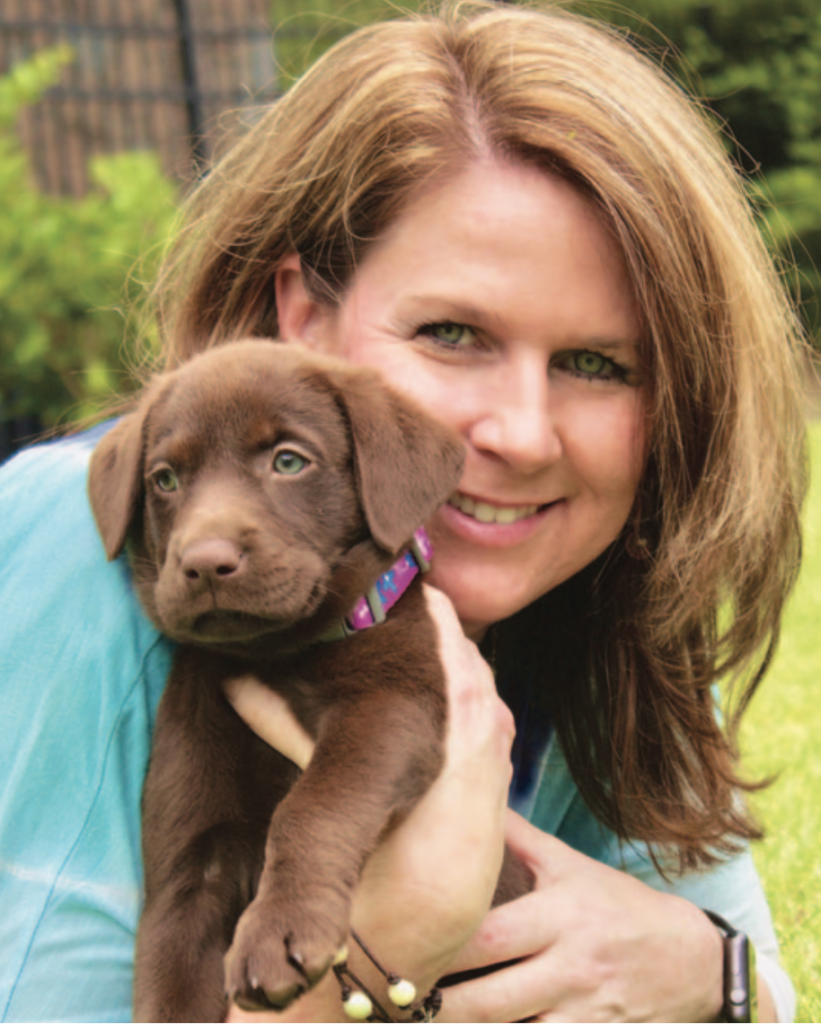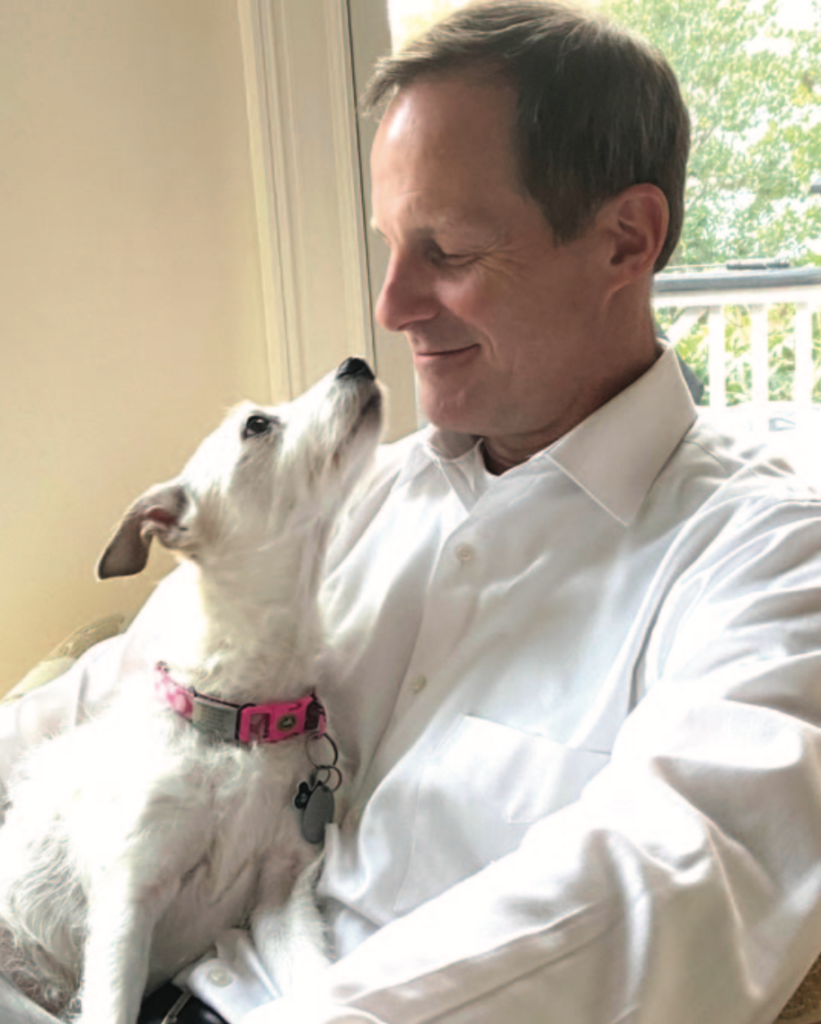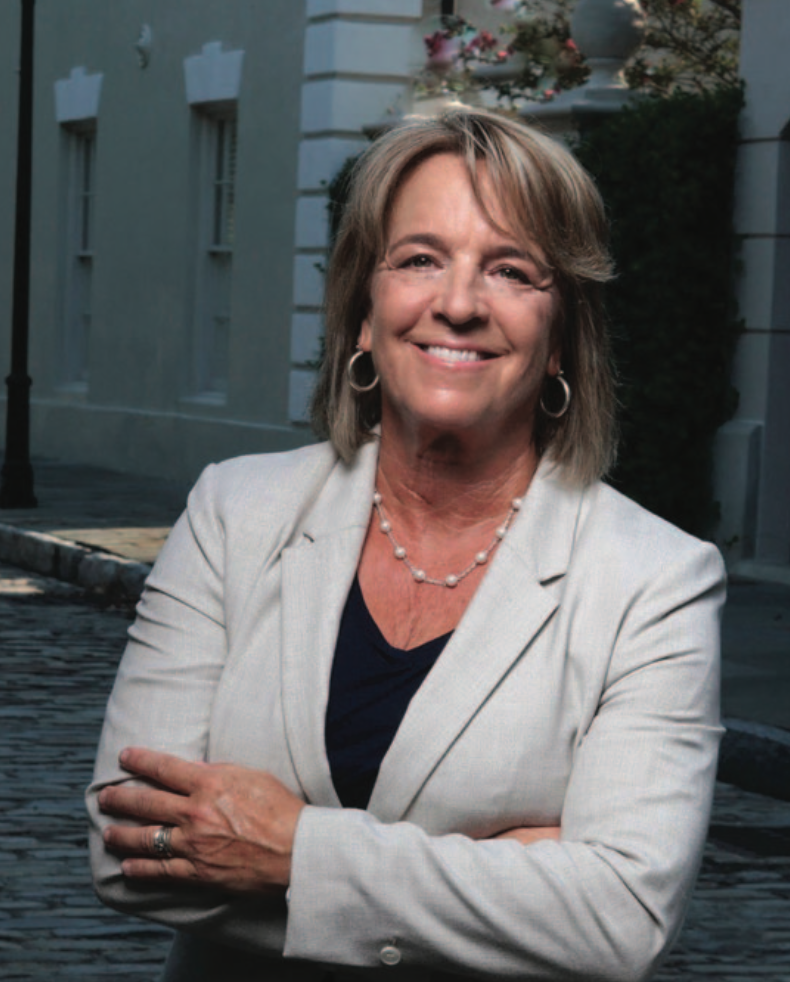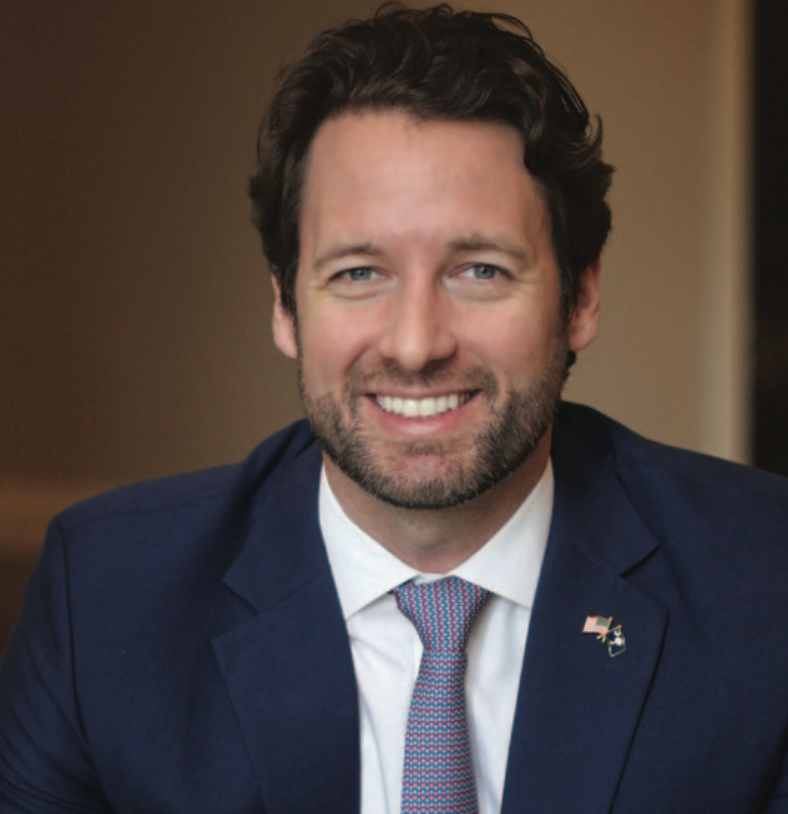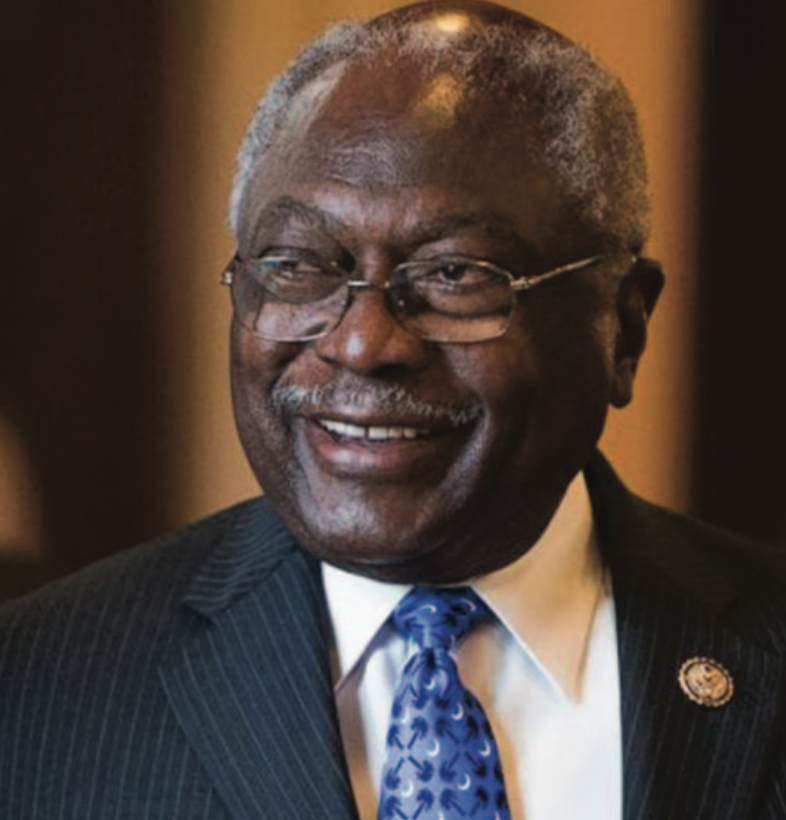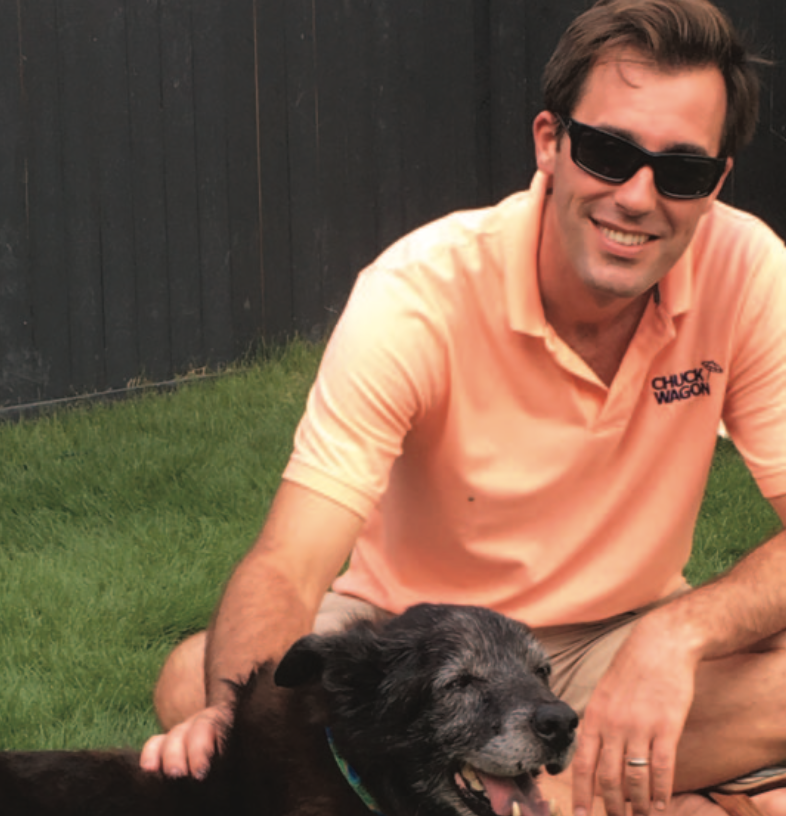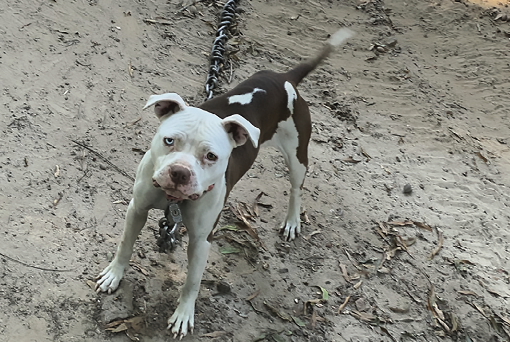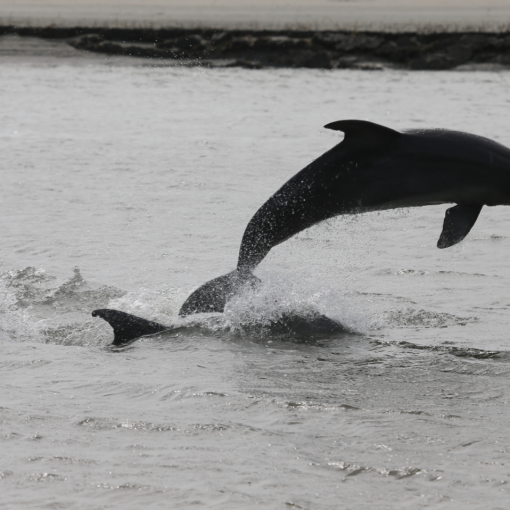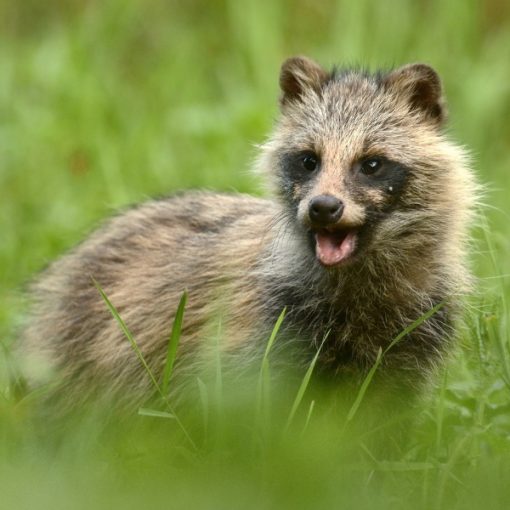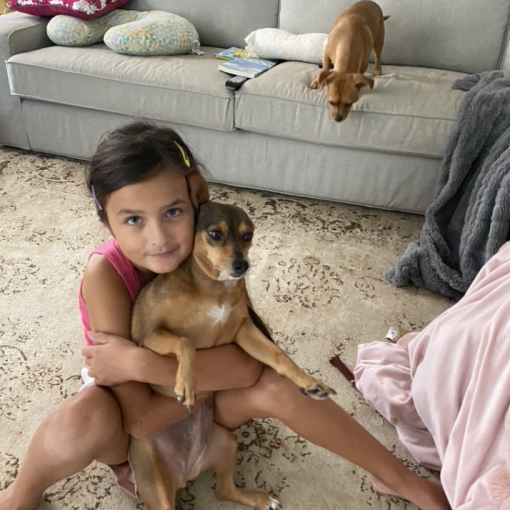By DAN KROSSE, CAROLINA TAILS EDITOR-IN-CHIEF
Many people may be surprised to see such an extensive section on the 2020 election in a magazine about animals. However, we find it very important that candidates include animal issues as part of their platforms when running for office.
Animal issues touch all levels of government. Take a cruelty case as an example. It takes law enforcement officers such as a sheriff to investigate and make an arrest. It then takes a solicitor to prosecute the case.
For those cruelty laws to exist it takes officials on county council, at the state house, the state senate and at the federal level to implement laws that will then need to be enforced for the protection of animals. This is just one example of why your vote will impact the welfare of animals on election day.
No Endorsements
Nonprofits like Charleston Animal Society are not permitted to endorse any candidates and you will not find any endorsements in our coverage.
Voter education activities (including presenting public forums and publishing voter education guides) conducted in a non-partisan manner are allowed. In addition, other activities intended to encourage people to participate in the electoral process are also permitted.
How the Process Worked
Carolina Tails asked questions to candidates in two different formats. In the major races with fewer opponents, candidates were posed a question and given 100 words to respond. Their answers are running in the magazine unedited.
For the other races where there are multiple candidates including County Council the State Senate and the State House of Representatives, we offered those candidates five questions to answer with a “yes,” “no,” or “not sure.” Their answers are presented in a table format.
All the questions posed relate to issues involving animals on the local, state and national level. Candidates were contacted using information provided by the Charleston County Chair of the Democratic Party and the Charleston County Chair of the Republican Party. Most candidates responded promptly. For those that didn’t, we contacted them multiple times trying to get their response. They were phoned, emailed and in some cases we sent letters. If a candidate did not respond, you will see that in our coverage.
We hope you find our election guide helpful as you prepare to go to the ballot box on November 3rd.
9th CIRCUIT SOLICITOR
BACKGROUND: The 9th Circuit Solicitor is the lead prosecutor of criminal cases in Charleston and Berkeley Counties. Each candidate was asked the question below and allowed 100 words to answer.
QUESTION: For several decades, documented studies have demonstrated a clear link between animal cruelty and human violence. How will you address animal cruelty and will you make it a priority?
SCARLETT WILSON (R)
9th Circuit Solicitor Candidate (Incumbent)
The recent passage of the federal anti-cruelty law plus my strong relationship with the U.S. Attorney’s Office and status as a Special Assistant U.S. Attorney gives us more options for aggressive prosecution of animal abusers. Prosecuting those who abuse and neglect will remain a priority. A dedicated prosecutor who is an expert in these cases is key—and one of the reasons for our great result in Caitlyn’s case. CAS made a wise decision in choosing Caitlyn’s prosecutor for its board. We will continue our good relationship with Charleston Animal Society for great results for our furry friends in state court, too!
BEN POGUE (D)
9th Circuit Solicitor Candidate
Our animal advocates have been underutilized for too long, both as data-gathering tools and violence prevention tools. We must make fighting animal cruelty a higher priority–to prosecute abuse and prevent it, but also to identify antisocial behavior and its connections to interpersonal violence. Domestic abusers leverage pets to abuse and manipulate children and partners. By collaborating more with animal advocates we can create an additional tool to intercept abuse by adults and protect both pets and human victims. Promoting healthy animal interactions prevents antisocial behavior; so when we teach at-risk kids to care for pets, we prevent crime.
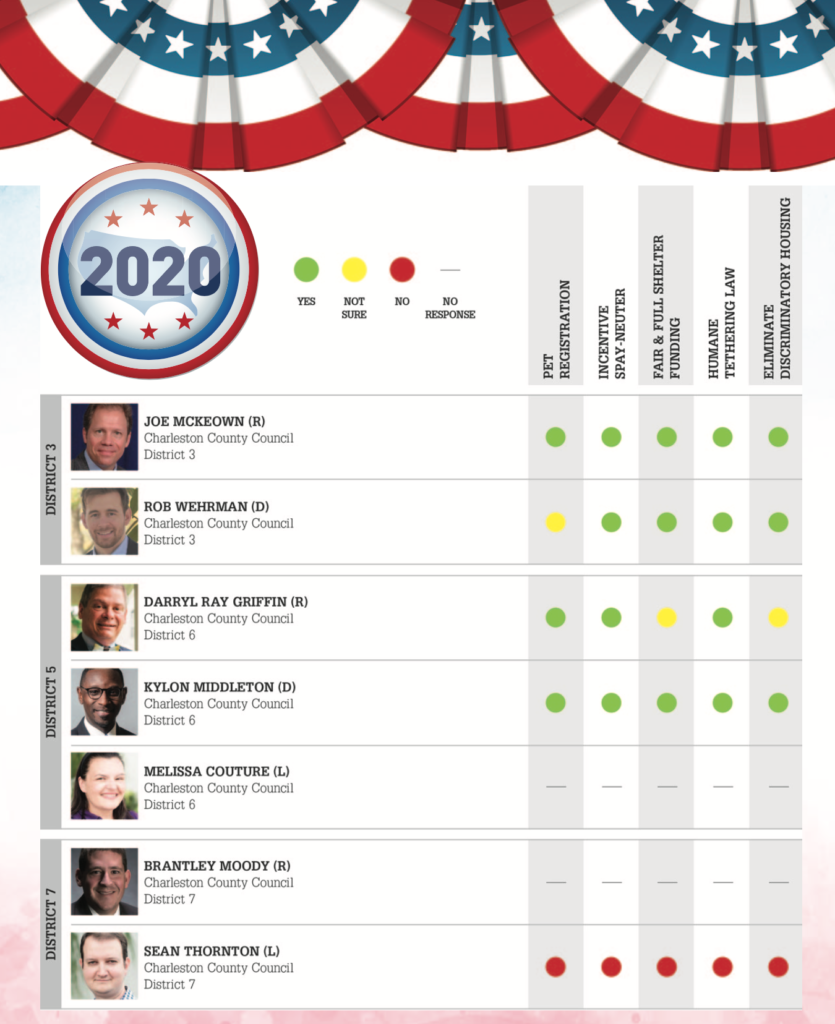
WHAT WE ASKED OUR CHARLESTON COUNTY COUNCIL CANDIDATES:
Each of the candidates running for Charleston County Council were provided these five issue questions and asked to answer YES, NO or NOT SURE. (See answers above).
1. Lost dogs and cats are only reunited with their loved ones at a rate of 29% (dogs) and 4% (cats). Communities that have implemented required registration of dogs and cats have experienced significantly increased reunifications, which also reduces costs to taxpayers and local animal organizations. Do you support registration of dogs and cats?
2. Overpopulation of animals impacts public health and safety, along with a costly burden to both taxpayers and local animal organizations. Do you support incentivized spay and neuter for dogs and cats?
3. Historically, animal shelters have been severely underfunded by local governments for the services they are contracted for and provide involving the humane care and disposition of homeless animals. Animal shelters save lives at a fraction of the cost of veterinary clinics. Do you support full and fair funding of animal shelters?
4. We have all seen it and it makes most folks uncomfortable – a dog chained to a tree. Tethering dogs without access to adequate space and socialization makes dogs aggressive and has led to people being attacked and killed. Over 20 communities in South Carolina have already implemented humane tethering ordinances. Will you support a humane tethering ordinance for Charleston County?
5. Major insurance companies have eliminated breed restrictions in their coverage policies. Instead, they have based coverage on the behavior of the dog, which is a growing trend. However, many housing units and associations continue to discriminate against dog breeds and sizes prompting families to give up their four-legged loved ones or move. Do you support eliminating discriminatory housing policies based on dog breed and size?
CHARLESTON COUNTY SHERIFF
BACKGROUND: The Charleston County Sheriff is the lead law enforcement officer handling criminal cases in Charleston County. Each candidate was asked the question below and allowed 100 words to answer.
QUESTION: For several decades, documented studies have demonstrated a clear link between animal cruelty and human violence. How will you address animal cruelty and will you make it a priority?
AL CANNON (R)
Charleston County Sheriff Candidate (Incumbent)
Charleston Animal Society has been in my budget for almost 30 years. I’ve partnered with Charleston Animal Society by sponsoring national training seminars for Animal Control Officers and even served as a celebrity judge at your famous chili cook-off. Also, my office helped in the prosecution of notorious national dog fighting breeder David Tant. However, the best answer to your question is that I made the decision to make Animal Control a sworn position, which none of your other agencies have done because this gives them more capacity to enforce animal cruelty laws.
KRISTIN GRAZIANO (D) Charleston County Sheriff Candidate
As an animal lover and mother of pets, I know there is direct correlation between human violence and animal cruelty. Early in my career, when on a domestic call, I would take note of care of the animals. In many of those instances, there were clear signs of animal neglect, and they were removed. When I am sheriff, I will move the three full-time animal control officers to the community service division and incorporate training to our patrol deputies to inspect animals when responding to calls where there is violence in the home. That does not currently happen.
U.S. SENATE
EACH CANDIDATE RUNNING FOR U.S. SENATE WAS ASKED THE QUESTION BELOW AND ALLOWED 100 WORDS TO ANSWER.
BACKGROUND: According to Audubon, a change to the Migratory Bird Treaty Act (MBTA) would make permanent a position that killing birds is legal if it is unintentional. This new position by the Department of the Interior runs counter to every Democratic and Republican presidential administration since the 1970s. Interior now says the Fish and Wildlife Service (FWS) would end a decades-long policy of enforcing “incidental take,” the inadvertent but often predictable killing of birds.
Under the new MBTA interpretation, it would no longer be a violation of the MBTA, for example, to knock down an old barn, knowing it would kill owls’ nestlings inside, as long as the intent was to remove the structure, not to kill the owls, per one scenario that Interior laid out in a guidance document for agency staff.
Audubon’s most recent scientific report found that 389 of the continent’s bird species are vulnerable to extinction as climate change drives up temperatures, fuels extreme weather, and wipes out suitable habitat. South Carolina is a major refuge and habitat for migratory birds along the east coast and this policy change has a severe impact on our state.
QUESTION: What action will you take to ensure the protection of migratory birds in South Carolina?
LINDSEY GRAHAM (R)
U.S. Senate Candidate (Incumbent)
No answer provided.
JAIME HARRISON (D) U.S. Senate Candidate
Before the passage of The Migratory Bird Treaty Act of 1918, hunters and poachers could harm thousands of birds with few legal repercussions. If elected, I will ensure that these birds are protected from the myriad of environmental harms they face, and support legislation that clarifies and extends protections against human actions. Protecting these birds should not be a secondary concern when they are endangered; instead, we should ensure that our laws incentivize careful behavior that minimizes threats to our feathered friends. I will also elevate conservation work, and ensure it receives attention and funding that corresponds to its importance.
US. CONGRESS, DISTRICT 1
EACH CANDIDATE RUNNING TO BE OUR FIRST DISTRICT REPRESENTATIVE IN CONGRESS WAS ASKED THE QUESTION BELOW AND ALLOWED 100 WORDS TO ANSWER.
BACKGROUND: The Tri-County area of Charleston-Dorchester-Berkeley Counties prides itself in being a community that loves dogs.
Currently, there are puppies being sold that are transported from states across our country, that suffer from a lack of medical care, congenital problems, and generally poor health.
Many of the puppies sold have died because of their puppy mill heritage and that does not include the ones who perish before they ever meet a customer.
QUESTION: Will you champion legislation to put an end to the cruel practices involved in puppy mills and if so, how?
JOE CUNNINGHAM (D)
U.S. Congress Candidate (Incumbent) SC District 1
Our six-year-old rescue, Teddy, is a beloved member of our family so this issue is personal to me. I’m a member of the Animal Protection Caucus in Congress and I’m also a proud cosponsor of the WOOF Act, bipartisan legislation to promote the welfare of commercially-bred dogs. This legislation would strengthen important regulations under the Animal Welfare Act and close existing loopholes in order to better protect dogs from abuse. I will continue to champion legislation that protects dogs from these harmful puppy mills and I will fight to hold this industry accountable.
NANCY MACE (R) U.S. Congress Candidate SC District 1
No answer provided.
U.S. CONGRESS, DISTRICT 6
EACH CANDIDATE RUNNING TO BE OUR SIXTH DISTRICT REPRESENTATIVE IN CONGRESS WAS ASKED THE QUESTION BELOW AND ALLOWED 100 WORDS TO ANSWER.
BACKGROUND: Instead of a single, sensible policy on dangerous dogs on bases and in housing, the U.S. Air Force, Army and Marine Corps all have different rules preventing military families from keeping certain breeds of dogs.
This confusion doesn’t help people or pets, nor does it make anyone safer.
This means that if a serviceman is transferred, he or she may have to give up their pet because of new rules in a new place.
QUESTION: Will you support the important provision in the FY2021 National Defense Authorization Act to require the Department of Defense to standardize a dangerous dog policy across military installations and housing?
JIM CLYBURN (D)
U.S. Congress Candidate (Incumbent) SC District 6
No answer provided.
JOHN MCCOLLUM (R) U.S. Congress Candidate
SC District 6
In the military, we face many stressors throughout the course of our day. One of them shouldn’t be whether or not we can keep our family pet when we have a PCS move. Standardizing what animals are allowed across the spectrum will help us during the adoption process and avoid future heartbreak. In fairness to our military families and the animals this is a good move for everyone involved. Also, please adopt instead of breeding. Thanks!
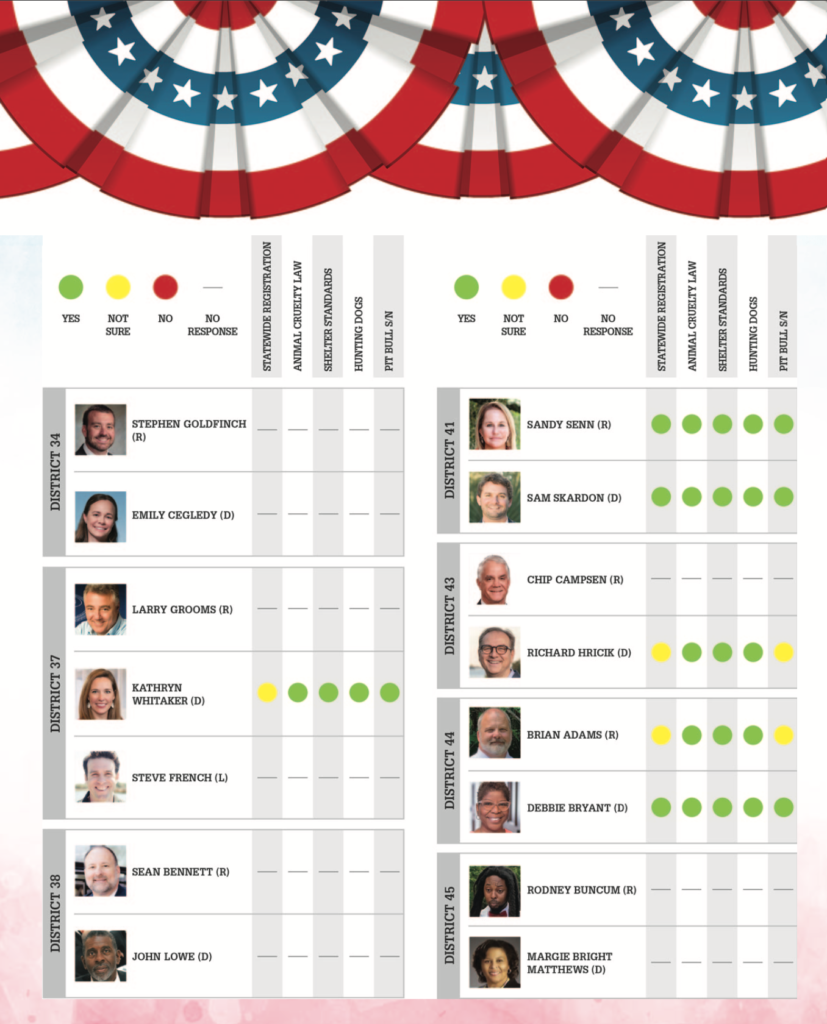
WHAT WE ASKED OUR SOUTH CAROLINA SENATE CANDIDATES:
Each of the candidates running for the South Carolina Senate in Charleston County Districts were provided these five issue questions and asked to answer YES, NO or NOT SURE. (See answers on opposite page).
1. Lost dogs and cats are only reunited with their loved ones in SC at an estimated rate of 20% (dogs) and 3% (cats). Communities that have implemented required registration of dogs and cats have experienced significantly increased reunifications, which also reduces costs to taxpayers and local animal organizations. Do you support the statewide registration of dogs and cats?
2. South Carolina ranks in the bottom 10 for its animal cruelty laws. Will you fight for omnibus legislation to significantly improve South Carolina’s animal cruelty laws?
3. Animal shelters and rescue organizations provide varying levels of care with no accountability for animals coming into their charge. Do you support establishing acceptable standards of care in animal shelters and rescue organizations as other states have done?
4. Many hunters are surprised to learn that hunting dogs are exempt from the cruelty and abandonment provisions of our state cruelty law. Will you support changing this outdated law to protect hunting dogs in our state animal cruelty laws?
5. Pit Bull types of dogs are disproportionately entering SC shelters and euthanized. Dogfighters exploit Pit Bull type dogs almost exclusively, and dogfighting is associated with other crimes such as drugs, gambling, and assault. A mandatory statewide registration of Pit Bull types of dogs that incentivizes spay & neuter would reduce the population and deaths of these maligned animals. It would also relieve taxpayers and local animal organizations of the financial burden due to their overwhelmingly large numbers. Do you support mandatory statewide spay-neuter for Pit Bull type dogs, with an option to opt out by paying a fee?
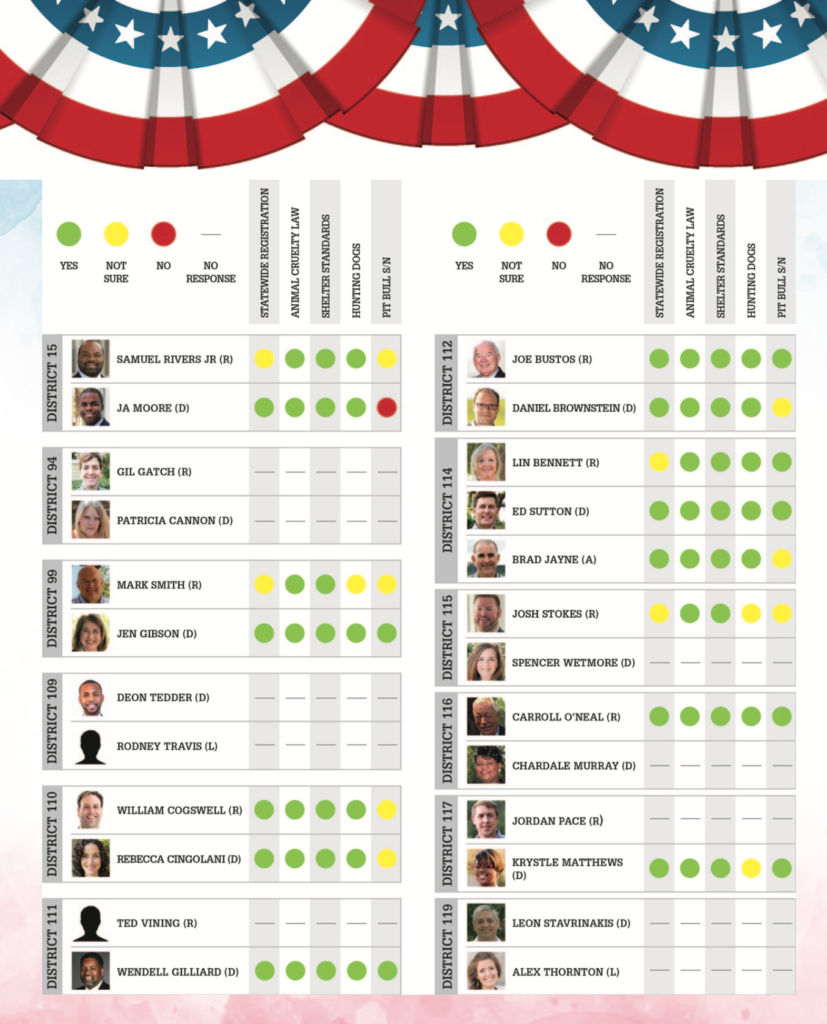
WHAT WE ASKED OUR SOUTH CAROLINA HOUSE OF REPRESENTATIVES CANDIDATES:
Each of the candidates running for the South Carolina House of Representatives in Charleston County Districts were provided these five issue questions and asked to answer YES, NO or NOT SURE. (See answers on opposite page).
1. Lost dogs and cats are only reunited with their loved ones in SC at an estimated rate of 20% (dogs) and 3% (cats). Communities that have implemented required registration of dogs and cats have experienced significantly increased reunifications, which also reduces costs to taxpayers and local animal organizations. Do you support the statewide registration of dogs and cats?
2. South Carolina ranks in the bottom 10 for its animal cruelty laws. Will you fight for omnibus legislation to significantly improve South Carolina’s animal cruelty laws?
3. Animal shelters and rescue organizations provide varying levels of care with no accountability for animals coming into their charge. Do you support establishing acceptable standards of care in animal shelters and rescue organizations as other states have done?
4. Many hunters are surprised to learn that hunting dogs are exempt from the cruelty and abandonment provisions of our state cruelty law. Will you support changing this outdated law to protect hunting dogs in our state animal cruelty laws?
5. Pit Bull types of dogs are disproportionately entering SC shelters and euthanized. Dogfighters exploit Pit Bull type dogs almost exclusively, and dogfighting is associated with other crimes such as drugs, gambling, and assault. A mandatory statewide registration of Pit Bull types of dogs that incentivizes spay & neuter would reduce the population and deaths of these maligned animals. It would also relieve taxpayers and local animal organizations of the financial burden due to their overwhelmingly large numbers. Do you support mandatory statewide spay-neuter for Pit Bull type dogs, with an option to opt out by paying a fee?


